Rishi Sunak to Barack Obama: World leader who returned to work after leaving office. world News

In a rare but recent step, former UK Prime Minister Rishi Sunak has included Goldman Sachs as a senior advisor who marks his formal return to the private sector after leaving the highest position. His decision has talked about political leaders worldwide who re -record professional life rather than resting on influence or heritage. In politics, the saying often goes on, “Once at one time, always inside.” In India, in particular, the public office becomes a family relationship, where children of most leaders often inherit mental instead of looking for independent careers. But some figures, such as craze, choose a different route – to return to regular work, constantly contributing to public service, establishing an example of personal development and honest earnings.While such infections can set powerful examples, they are not without dispute. Some former leaders have criticized their post-office roles, especially when those positions blur the line between public service and personal gains. For example, David Cameron faced a major backlash to advocate for Grinsil Capital, where he placed a financial stake. These cases highlight both life’s promises and disadvantages after a high office – where intentions, transparency and morality matters as an ambition.
World leaders who returned to work After assuming high public position
Barack Obama – President to producer and foundation leader
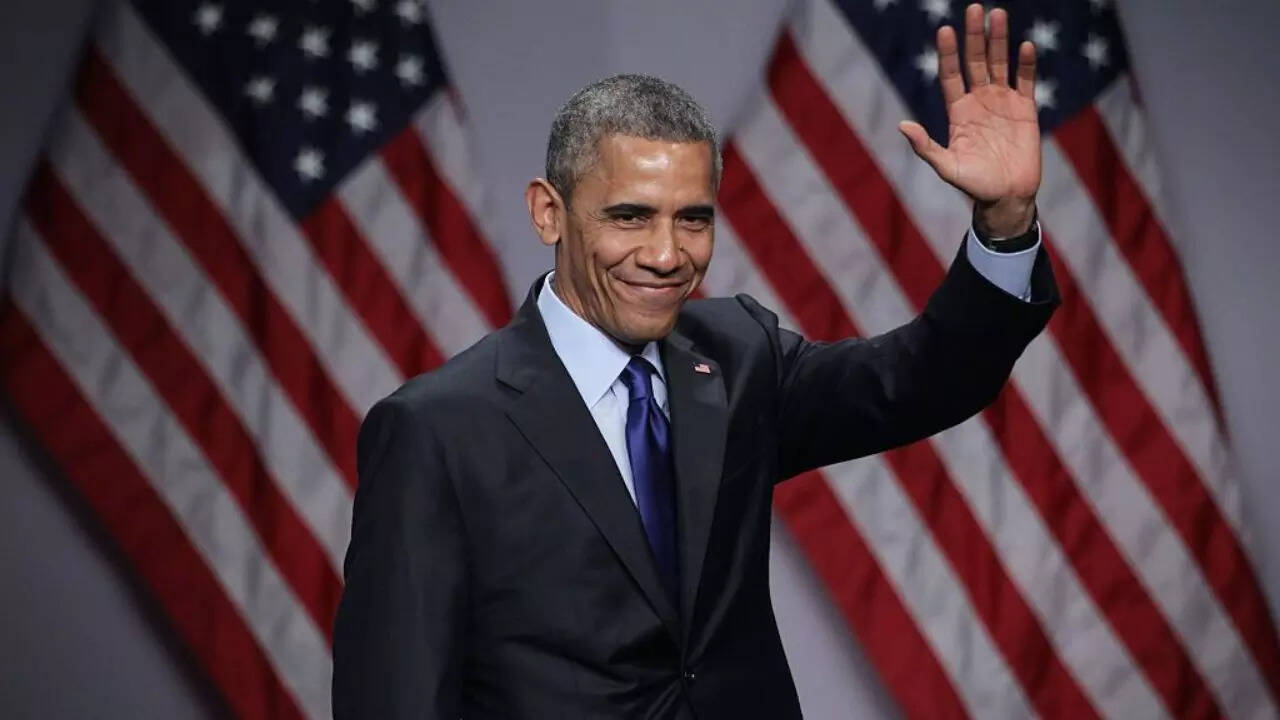
After completing his second term as US President in 2017, Barack Obama did not choose to re -enter the political office, rather than pivying for media and philanthropy. In 2018, he and Michelle Obama started Higher Ground Productions, a media company focused on telling inclusive, thoughtful stories. The same year, according to the New York Times, he signed a landmark multiaier deal with Netflix, priced at $ 50 million. Obamas said that his goal was to “promote maximum sympathy and understanding among the people”, which was using the story as a vehicle for change. One of his early projects, Documentary American Factory, won an Academy Award for Best D documentary facility in 2020.Beyond the media, the couple are deeply associated with the Obama Foundation, a non -profit organization established in 2014. The Foundation took initiatives such as Obama Leadership Academy, My Brother’s Keeper Alliance and Obama President’s Development in Chicago. According to the official site and Politico of the Foundation, Obamas see as a way to “inspire, empower, and connect the next generation of leaders.“Instead of traditional lobbying or consultation, Obama has redefined the legacy of a former president in the 21st century, rather than a storytelling and steps into civic mentorship.
Angela Merkel – Academic return after leading Germany
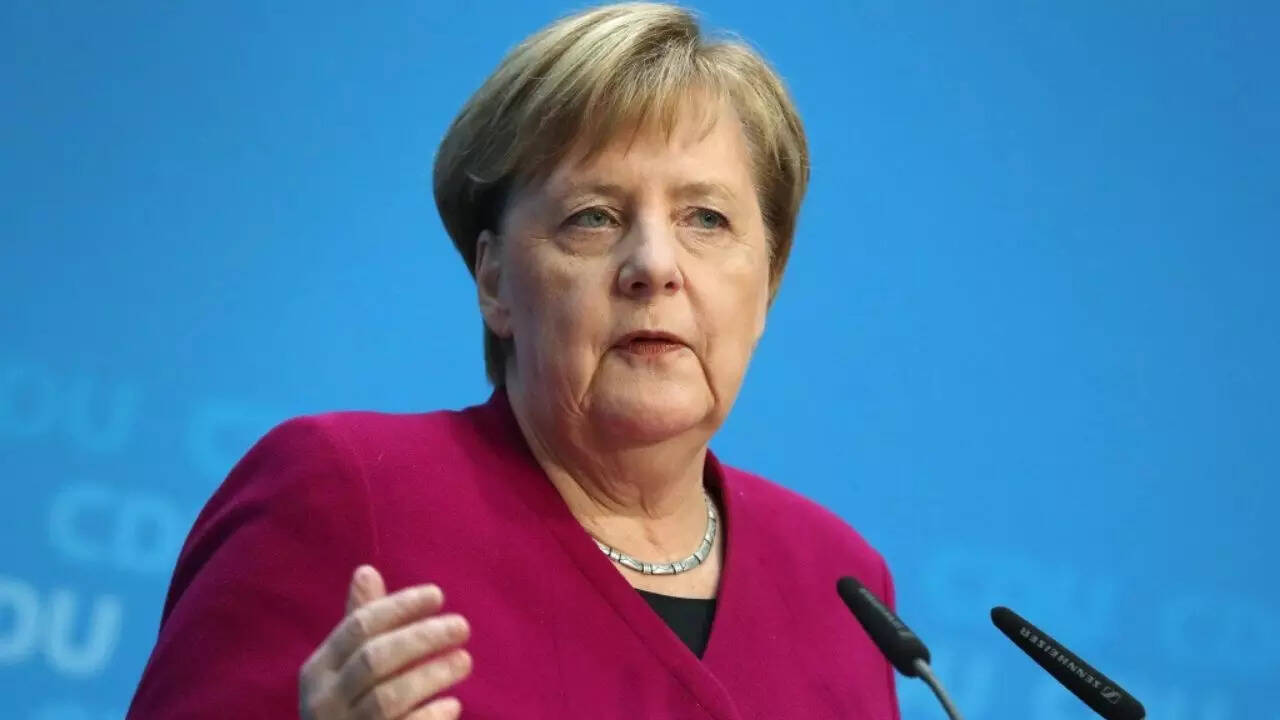
After his 16 -year tenure as a German Chancellor (2005 to 2021), Angela Merkel fully attended the public office. In 2023, he began lecturing on geopolitics in the reputed College of Europe in Bruges and published its memoirs. Unlike many European politicians, who often become consultants or members of the board, Merkel alertly avoided the corporate world and chose a more intellectual passage, re -joining with academic and strategic discourse that once shaped him.
David Cameron – 10 Downing Street to Global Finance
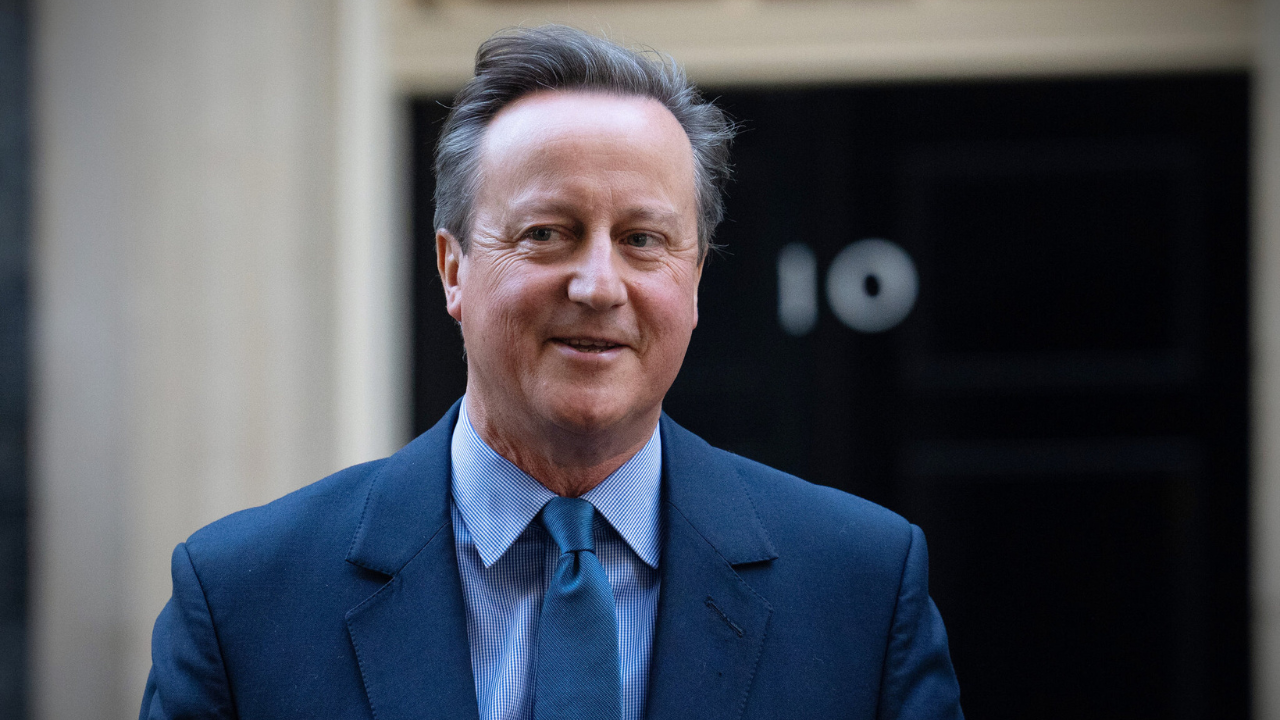
After resigning as the UK Prime Minister in 2016, David Cameron re -entered the private sector, joining First Data Corporation as an advisor. But it was his role with Green’s Capital, which was now a one-migrant financial firm, which gave rise to a major controversy. Cameron advocated senior officials, including the then Chancellor Rishi Sankal, for providing Grinsil access to a government covid loan scheme (CCFF). Although the request was rejected, his personal texts and attempts to advocate rapidly criticized.A parliamentary investigation and an official review were followed, stating how deep the Cameron was, advocating a firm in which he had a financial stake. The fall of Grinsil in 2021, causing widespread job loss, further stood up to them. While Cameron insisted that he did not break any rules, the scam debated morality and former leaders should retain the world of business.
al Gore – Green Tech Entrepreneur and Nobel Prize winner
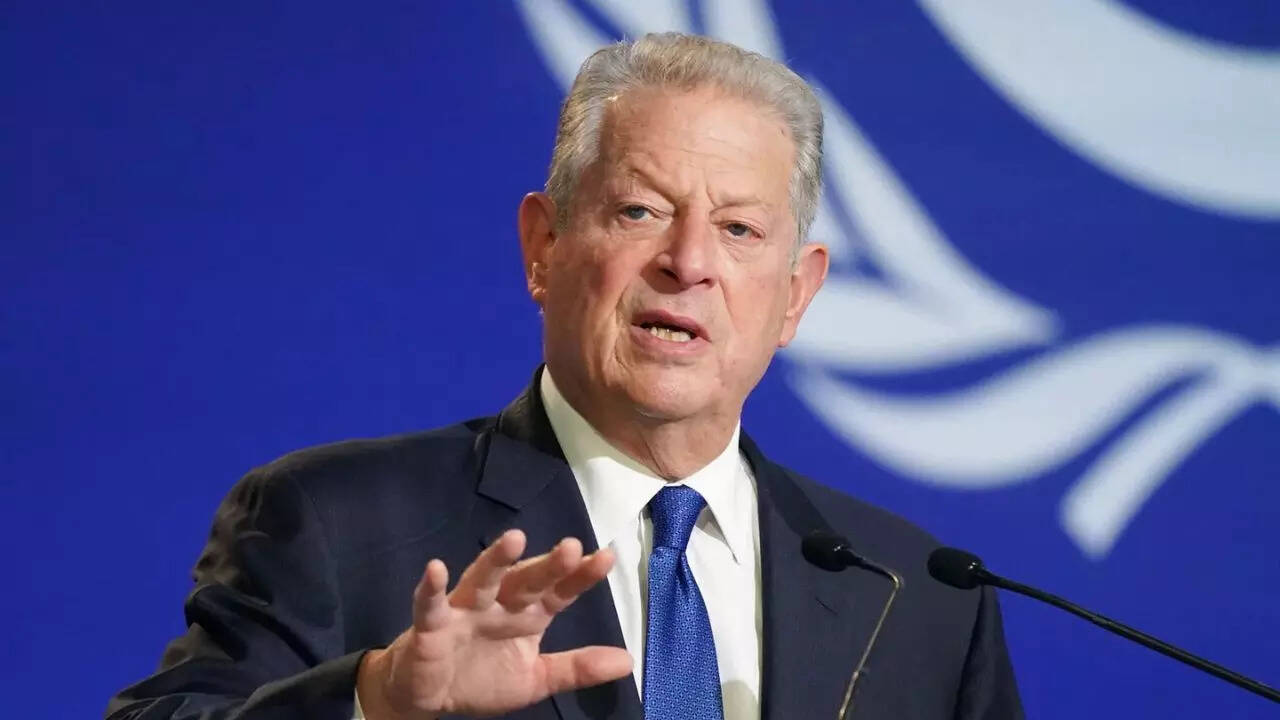
Former US vice -president Al Gor (1993 to 2001) became one of the most prominent environmental advocates in the world after leaving the office. He co-established the generation’s investment management, which is a focus focusing on permanent investment, and played an important role in climate change advocacy. His 2006 documentary A inconvenient Truth won an Academy Award, and received the Nobel Peace Prize in 2007. Gore proved that a former VP can transition from politics to science and business in global leadership.
Dan Quele – Private Equity and Legal Advisor
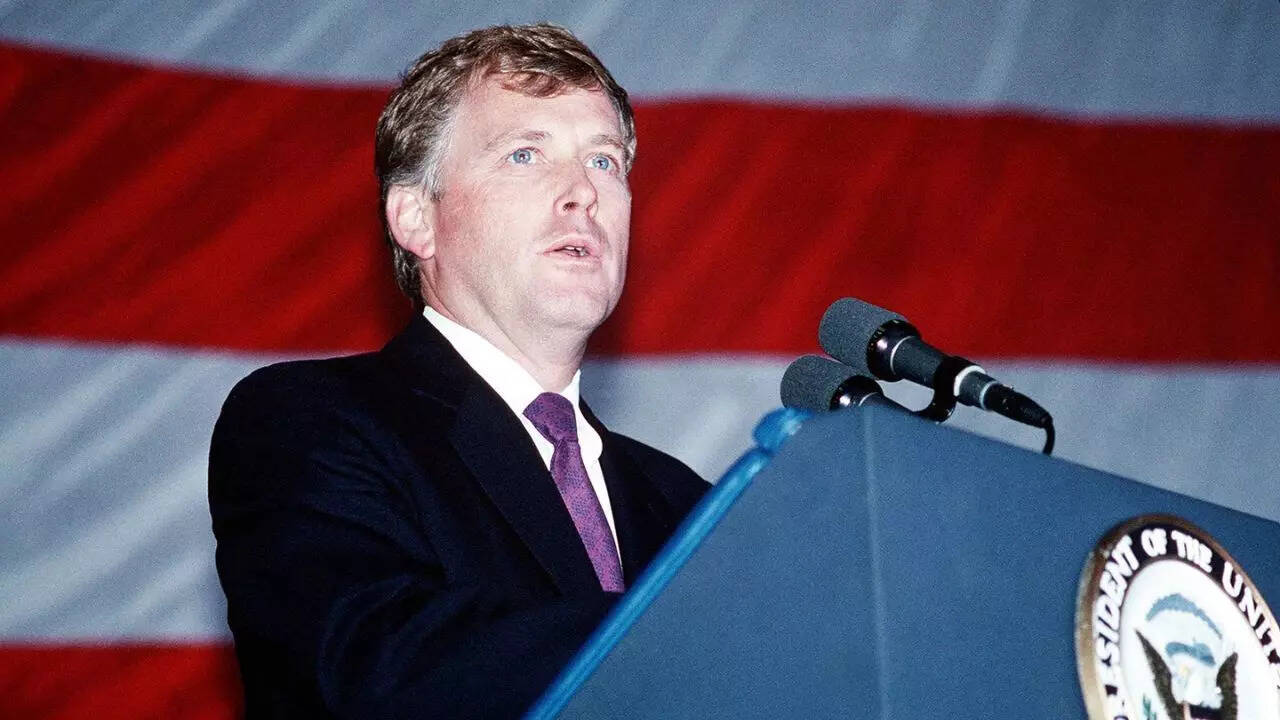
After his tenure as an American vice -president under George HW Bush, Dan Quale chose not to return to politics. He entered the private sector and eventually became the chairman of Serberus Global Investments, a leading private equity firm. Quale’s move in high finance marked a successful change in boardroom leadership from public service, maintaining an impact without a political office.
Julia Gillard – Education advocate and global health leader
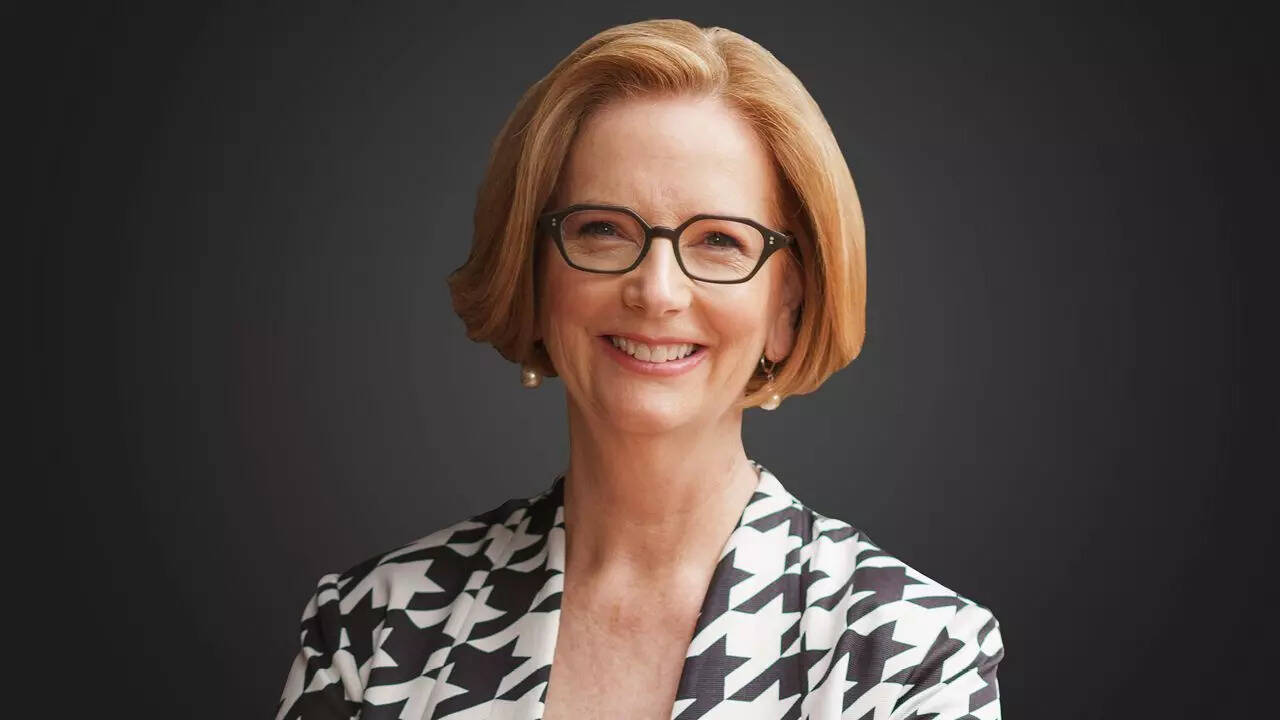
Julia Gillard, the first female Prime Minister of Australia, left the post in 2013 and has since become a major voice under global education and women. She headed by global participation for education, and later the President of the Welcome Trust, one of the world’s largest research foundations. Gillard also teach, write and attach in policy advisory roles, believing that the public service continues outside the Parliament.
Nick Cleag – Deputy PM to Meta Executive
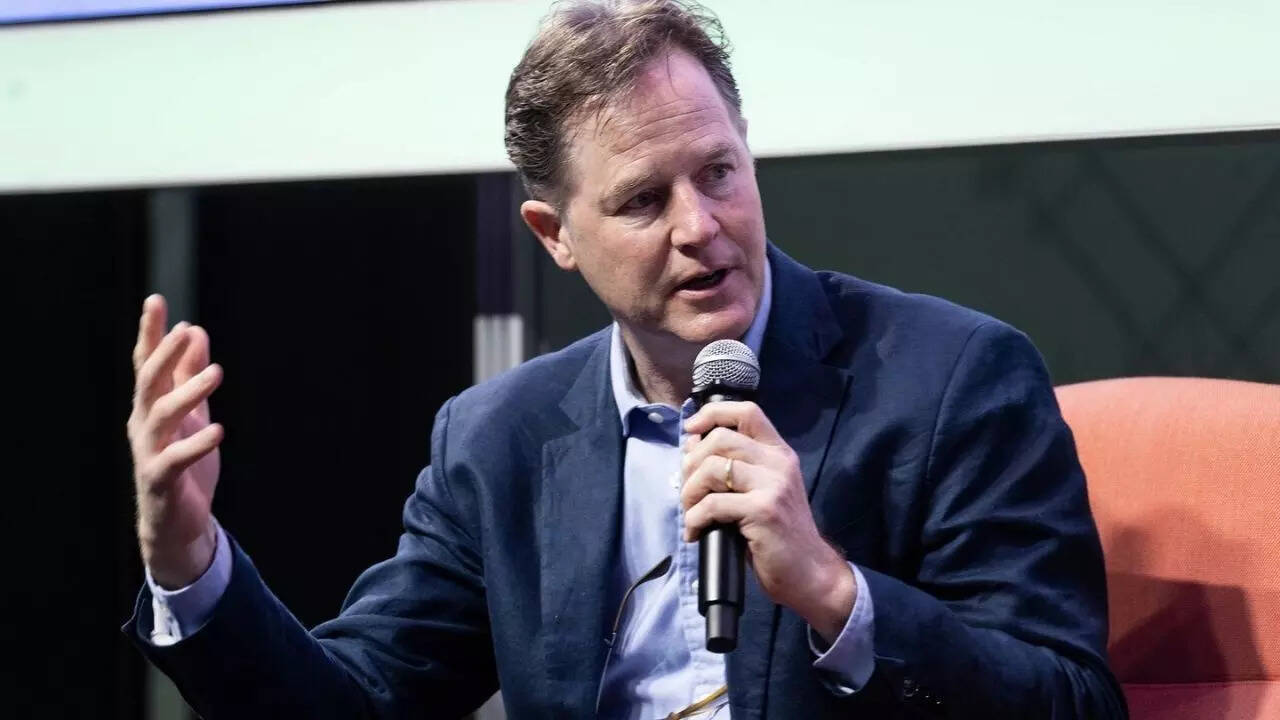
After serving as the UK Deputy Prime Minister in the coalition government (2010 to 2015), Nick Clag dramatically shifted from politics to Tech. In 2018, he joined Facebook (now Meta) as the vice -president of global affairs and communications, and by 2022, he was promoted as the President of Global Affairs. In Meta, he is responsible for shaping policy, regulation and global messages, one of the world’s most influential companies in a powerful position.
Sebastian Pinera – Business Mogul replaced President (and again)
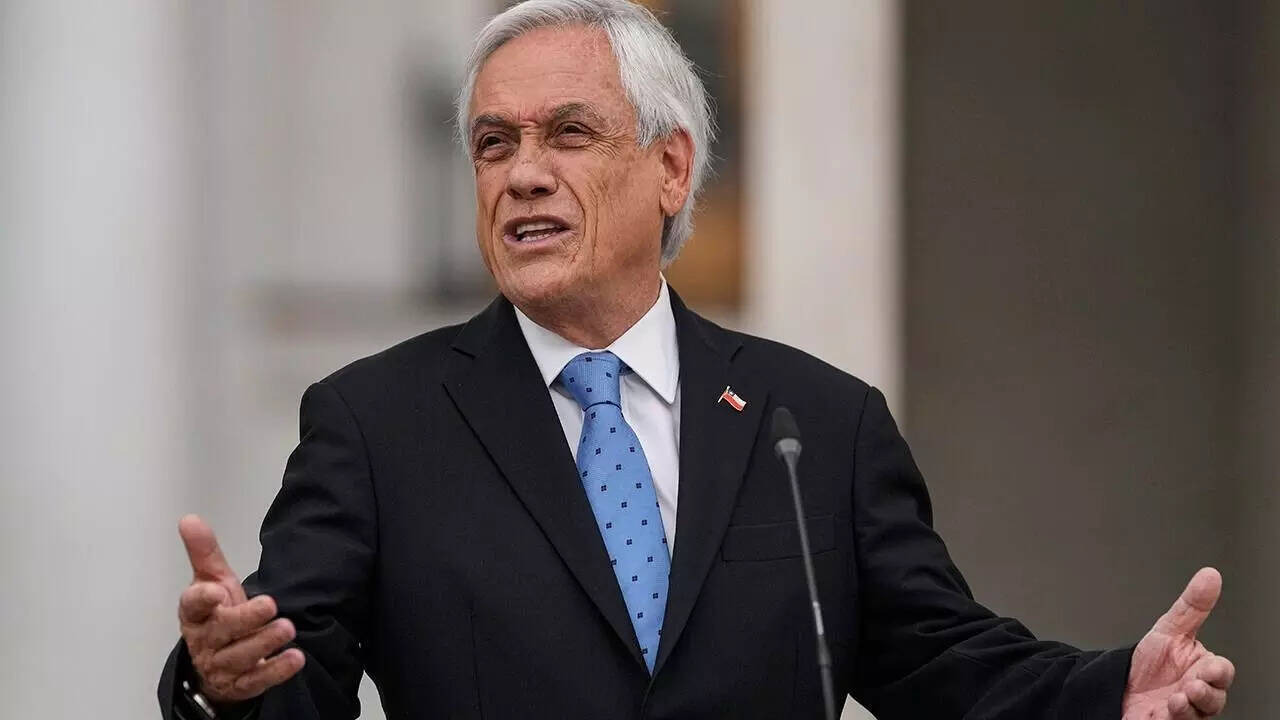
Chile leader Sebastian Pienra, who served two non-converted terms as the President (2010 to 2014 and 2018 to 2022), was already a billionaire businessman before entering politics. After leaving the post, he returned to oversee his investment in Airlines, real estate and television networks. Being controversial to combine politics and business, Paira represents a clear example of a leader, who returns to work rather than raising a political career indefinitely.
Matteo Renzi – Think Tank Leader and Stampist from Italian PM
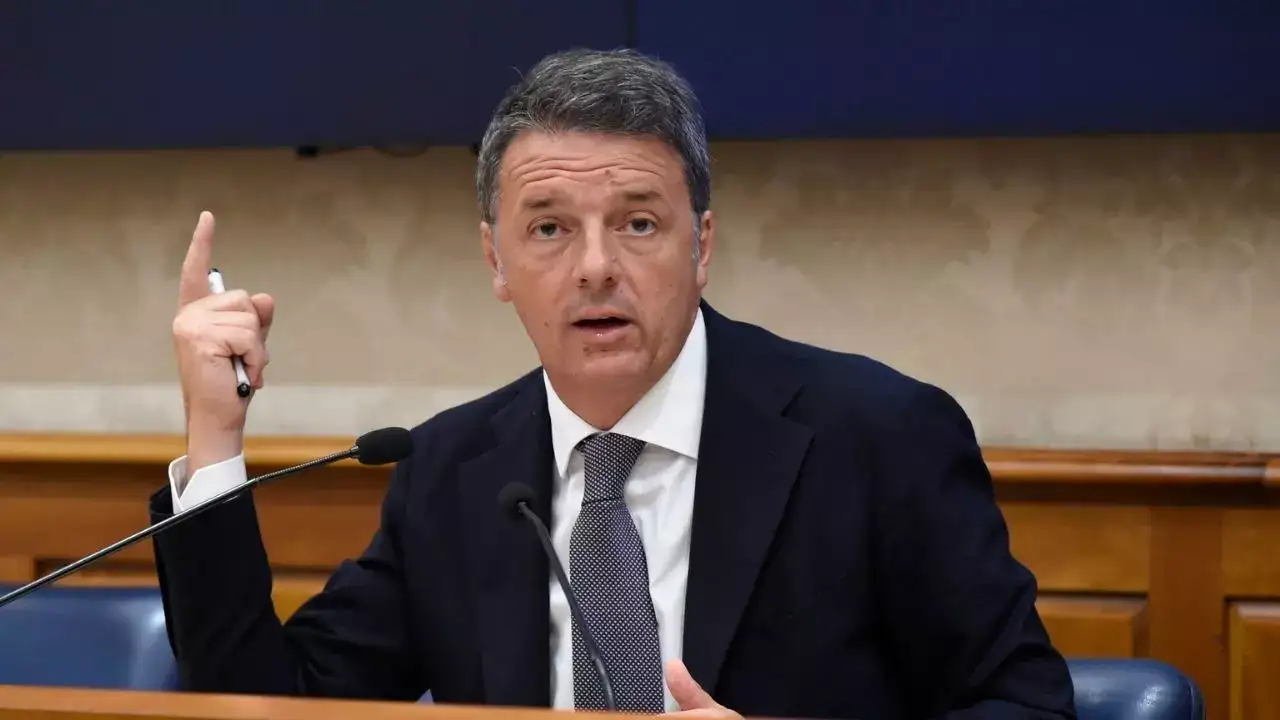
After leaving the post as the Prime Minister of Italy in 2016, Mateo Renji remained politically active for some time, but later moved towards public speaking and think tank work. He launched Florence-based think tank Fondzione Open, wrote political comments, and gave lectures internationally. Renji also became a regular columnist and political analyst on Italian television, who demonstrate a change in public discourse and idea leadership from the government.




